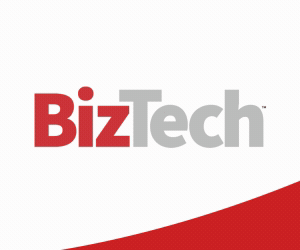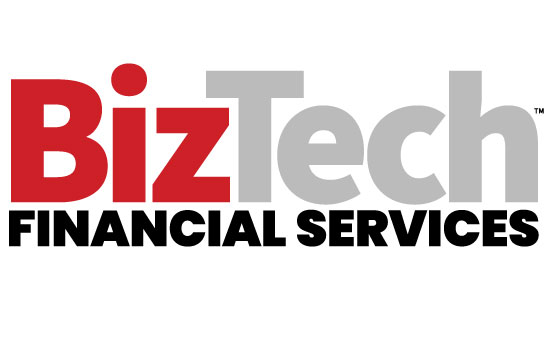For most financial leaders, government regulation is an acknowledged but frustrating necessity. Few would argue about the need for guardrails to protect consumers and their investments, but the need to innovate quickly in an increasingly digital world can place financiers at odds with regulators, who can appear to slow them down.
At Money 20/20, several speakers and panels addressed regulatory compliance in the financial sector. While some spoke in favor of deregulation and called for reduced friction for cross-border transactions, others hailed regulation as a tool that can be beneficial to financial organizations seeking to innovate.
DIG DEEPER: Find out why banks can no longer ignore stablecoins.
Experts Offer Differing Opinions on Regulation of Financial Markets
In one panel discussion, Yelena Reznikova, global head of partnerships at Bridge, said, “Entrepreneurs in general tend to be a little bit wary of regulation, that it will introduce friction or slow things down. But in my space, it’s actually a real acceleration.”
Reznikova cited a lack of regulatory certainty as a major barrier to the adoption of digital payment platforms by traditional banks. “Now that we have the GENIUS Act in the U.S., we’re finally seeing a lot of new partners and merchants feel comfortable turning some of their pilots into scale use cases, and particularly on the issuance side.”
In the same panel discussion, Keith Vander Leest, general manager for the Americas at BVNK, added, “The GENIUS Act just made it very clear that banks need to be in this space, I think because they’ve been essentially locked out from the very big ones. They've been locked out from doing a lot of stuff on chain. They have a huge learning curve. We’re spending a lot of time with Stablecoin 101, and we hear lots of different ideas about how banks can use stablecoins. And there are a lot of different ways.”
Click the banner below to subscribe to our newsletter for the latest financial services IT insights.
Some Experts Say the GENIUS Act Enables Innovation
In another panel discussion, titled “Financial Regulation Is the Ultimate Growth Engine,” panelists posed the notion that “modern, forward-thinking regulatory frameworks are creating new markets, enabling the next wave of fintech infrastructure and restoring consumer trust at scale.”
Matthew Homer, general partner at the Venture Dept., said that innovation doesn’t necessarily move in a straight line. “It really happens in fits and starts. And sometimes, there’s nothing for four years or nothing for a decade. And then, there are some years where everything happens.” Right now, Homer said he thinks “we’re entering that type of period, with the GENIUS Act and some of the other legislation happening, where we’re going to have 10 years’ worth of innovation within a very tight period of time.”
“Regulation isn’t always an instrument of growth. I mean, it’s not in every instance. I think it is when it creates more economic efficiency, when it leads to greater competition,” he continued.
Brico CEO and Founder Snigdha Kumar, who moderated the panel, agreed with Homer. “It doesn’t always lead to a lot of innovation. And there is this general sentiment right now in the current administration that deregulation is what we need to do. And there’s also a perception in the market that we’ve got to do more deregulation.”
Home said, “What we’re seeing today is regulators doing their job by regulating, not picking winners and losers, realizing the market’s going to exist and the job of a regulator is to set the conditions for that market. Allow it to exist in a way that is safe and sound.” He cited the GENIUS Act as an example of that process in practice. “Stablecoins, which had been regulated already in some form by states, there’s now a federal, national standard for that. And then the CLARITY Act, if we see that, may bring further regulatory certainty.”
Regulation and Compliance Are Necessary for Successful Innovation
Kristen Hecht, chief compliance officer at 1Money, said she’s not seeing deregulation per se. Instead, she said, “I think we’re heading forward, toward more regulation, which is something the industry is really wanting. And then, from my perspective as a compliance officer, the regulation is already there. You know, this is not new. It just actually kind of legitimizes, at a national level, what we’re doing.”
Hecht posited that financial services organizations should want their compliance officers to be “part and parcel” of the design of new services, which she described as exciting. “As many of you know, you may envision a product, but then you hit the compliance wall internally. I think today, you might be able to find a way to navigate that wall, and you may be able to kind of co-create a product that is truly compliant.”
Hecht said it’s absolutely crucial that an organization’s compliance team be involved at the design phase of the product strategy. “That’s something that’s going to be the future for everyone, because compliance doesn’t want to be a blocker. We never have, but if they’re not brought in early, then it can be a challenge. And then, you might have to go back and redo some of the product features and builds, which does add time on.”
Keep this page bookmarked for articles from the event, and follow event highlights and behind-the-scenes moments on the social platform X @BizTechMagazine and @money2020.














